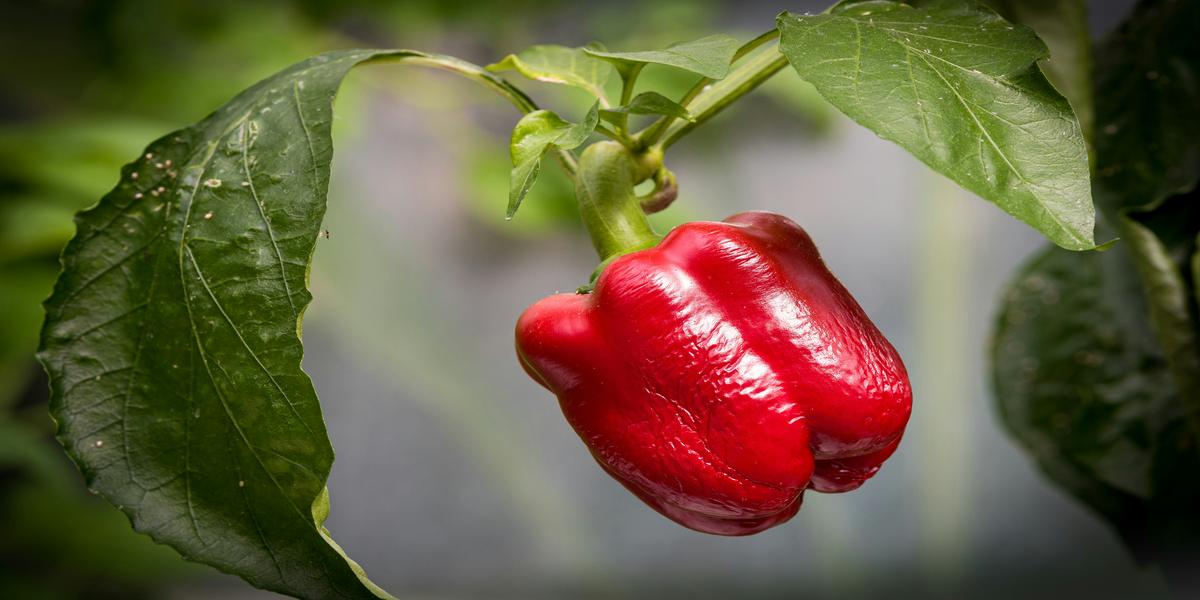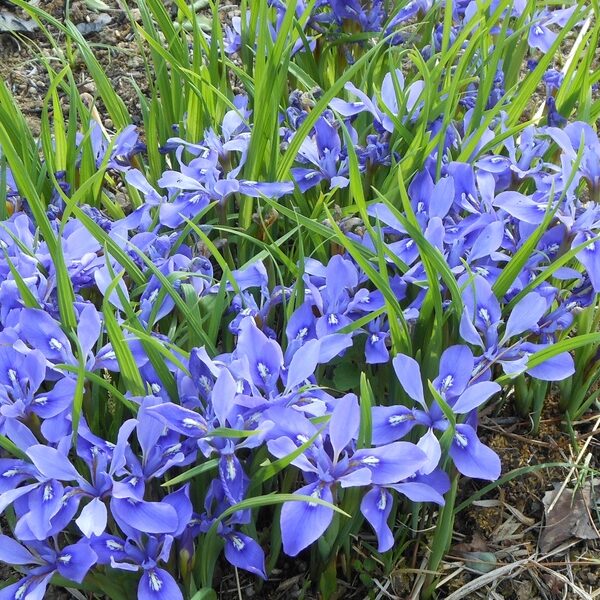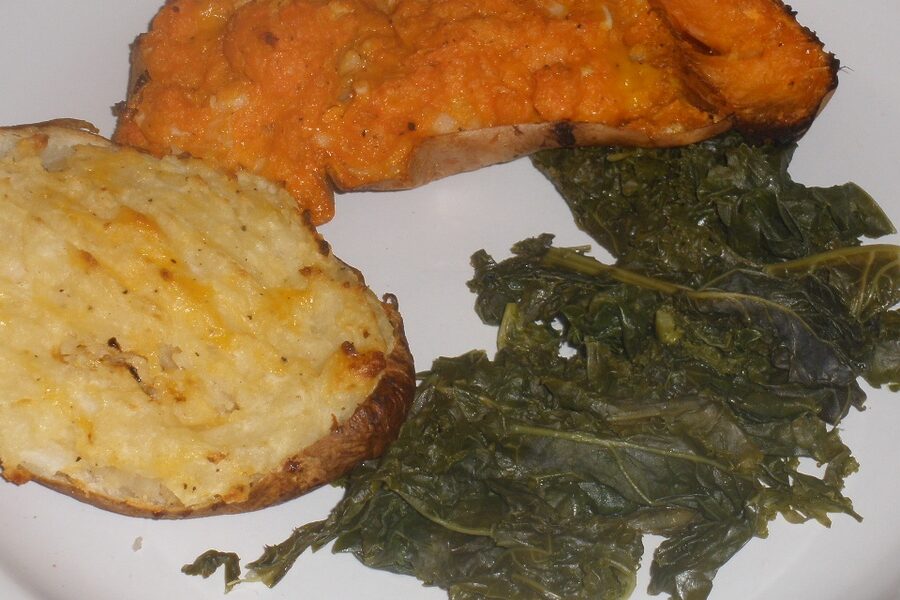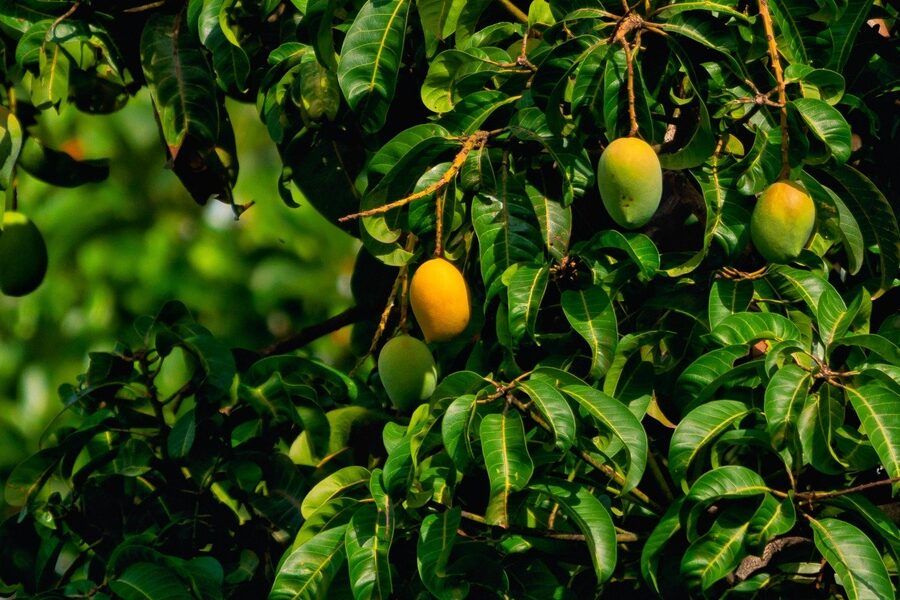Red vegetables are a vibrant and nutritious group that includes 19 unique varieties. These vegetables range from leafy greens like radicchio to fruiting types such as the red tomato. Many red vegetables owe their bright color to natural pigments like lycopene and anthocyanins, which also provide important health benefits. This list covers key details such as scientific names, vegetable types, and common culinary uses to help you identify and use each red vegetable effectively.
Explore the complete list of all red vegetables below and discover how each one can add color and nutrition to your meals.
What Are the Different Types of Red Vegetables?
Red vegetables fall into several categories: root vegetables, leafy greens, fruiting vegetables, bulbs, stems, and tubers. For example, red beets and red carrots are root vegetables known for their earthy sweetness and rich color. Leafy red vegetables include varieties like radicchio and red mustard greens, which add a peppery flavor and striking appearance to dishes. Fruiting vegetables such as red tomatoes and red bell peppers are versatile in both raw and cooked forms. Each type has unique culinary uses that suit different cooking methods and flavor profiles.
What Are the Nutritional and Culinary Benefits of Red Vegetables?
Red vegetables are rich in vitamins, minerals, and antioxidants. Lycopene, found in red tomatoes and red bell peppers, supports heart health and may reduce the risk of certain diseases. Many red vegetables also provide vitamin C, fiber, and other nutrients essential for a balanced diet. In the kitchen, they bring bold color and unique tastes—from the sweet crunch of red bell peppers to the spicy kick of red radishes and chili peppers. Knowing how to select, store, and cook these vegetables can maximize their flavor and health benefits.
Red Vegetables
| Vegetable Name | Scientific Name | Vegetable Type | Key Culinary Use |
|---|---|---|---|
| Red Tomato | Solanum lycopersicum | Fruiting | Eaten raw in salads, cooked in sauces, soups, and stews. |
| Red Bell Pepper | Capsicum annuum | Fruiting | Eaten raw in salads, roasted, stuffed, stir-fried. |
| Red Beet | Beta vulgaris | Root | Roasted, boiled, pickled, grated raw in salads. |
| Red Cabbage | Brassica oleracea var. capitata f. rubra | Leafy | Sliced raw in salads, pickled, braised, stir-fried. |
| Red Radish | Raphanus sativus | Root | Sliced raw in salads, as a garnish, or eaten whole with butter. |
| Red Onion | Allium cepa | Bulb | Sliced raw in salads, pickled, grilled, caramelized. |
| Red Potato | Solanum tuberosum | Tuber | Boiled, roasted, mashed, used in salads or stews. |
| Red Chili Pepper | Capsicum annuum | Fruiting | Used fresh or dried to add heat to dishes, in sauces, or powders. |
| Red Rhubarb | Rheum rhabarbarum | Stem | Cooked in desserts (pies, crumbles), sauces, or jams. |
| Red Kohlrabi | Brassica oleracea var. gongylodes | Stem | Eaten raw in salads, roasted, steamed, or stir-fried. |
| Red Swiss Chard | Beta vulgaris subsp. cicla | Leafy | Sautéed, steamed, added to soups, or eaten raw when young. |
| Red Amaranth | Amaranthus tricolor | Leafy | Sautéed, steamed, added to stir-fries, or raw in salads. |
| Red Orach | Atriplex hortensis var. rubra | Leafy | Eaten raw in salads, or cooked like spinach. |
| Radicchio | Cichorium intybus | Leafy | Sliced raw in salads, grilled, roasted, or braised. |
| Red Mustard Greens | Brassica juncea | Leafy | Sautéed, stir-fried, added to soups, or used as a spicy salad green. |
| Red Romaine Lettuce | Lactuca sativa var. longifolia | Leafy | Used fresh in salads, sandwiches, and wraps. |
| Red Sorrel | Rumex sanguineus | Leafy | Used raw in salads, as a garnish, or in sauces. |
| Red Carrot | Daucus carota subsp. sativus | Root | Eaten raw, roasted, steamed, juiced, or in stews. |
| Red Komatsuna | Brassica rapa var. perviridis | Leafy | Sautéed, stir-fried, added to soups, or lightly blanched. |
Images and Details
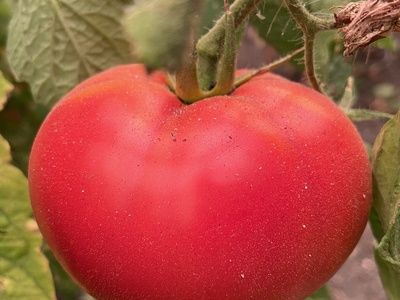
Red Tomato
A popular globe-shaped fruit-vegetable, red tomatoes boast a sweet, tangy flavor and juicy flesh. They are highly versatile, adding vibrant color and essential nutrients to countless dishes, from fresh salads to rich sauces.
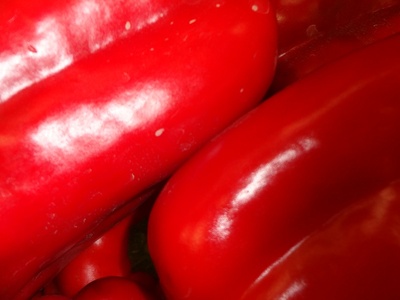
Red Bell Pepper
These sweet, crisp peppers ripen to a bright red, losing their heat and gaining a fruity flavor. Excellent raw in salads, they also shine when roasted, grilled, or stir-fried, adding vibrant color and a mild sweetness.

Red Beet
Known for its earthy sweetness and vibrant ruby-red hue, the beet is a versatile root vegetable. Its roots are delicious roasted, boiled, or pickled, while the greens are also edible and nutritious.
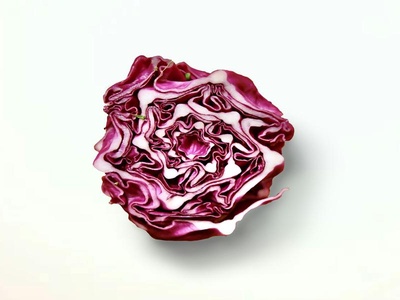
Red Cabbage
This striking purple-red cabbage adds a peppery crunch to salads and a beautiful color to cooked dishes. Its leaves become tender and sweeter when braised, often with apples, and it’s excellent pickled.
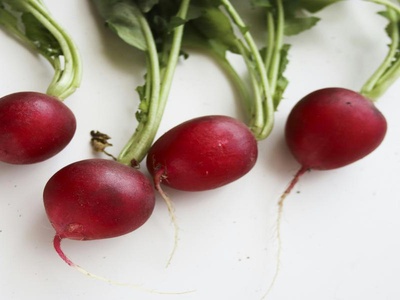
Red Radish
Small and round or oval, red radishes offer a crisp texture and a peppery bite. Their vibrant red skin and white interior make them a refreshing addition to salads or a simple, crunchy snack.
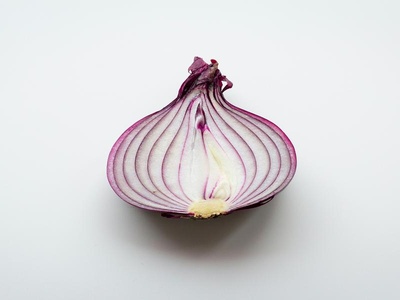
Red Onion
Instantly recognizable by its purplish-red skin and white, red-ringed flesh, the red onion is milder and sweeter than yellow varieties when raw. It’s superb in salads, sandwiches, or grilled.
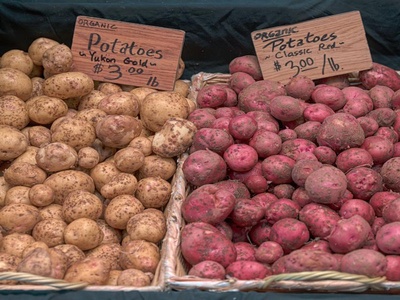
Red Potato
Characterized by their thin, waxy red skin and creamy white flesh, red potatoes hold their shape well after cooking. They are excellent for boiling, roasting, or in potato salads, offering a mild, buttery flavor.
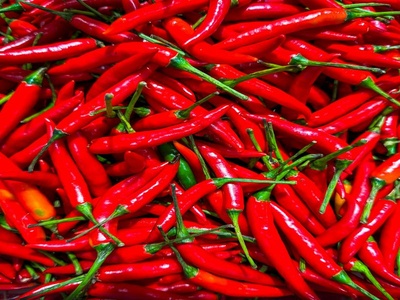
Red Chili Pepper
Ranging from mildly warm to intensely hot, red chili peppers are essential for adding a fiery kick and vibrant color to countless cuisines. They are used fresh, dried, or ground into spices.
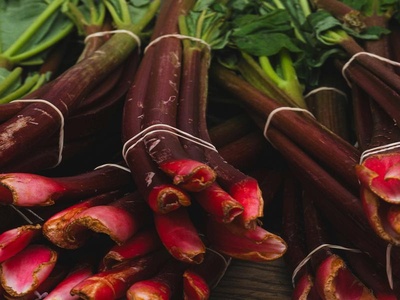
Red Rhubarb
Recognizable by its long, ruby-red stalks, rhubarb is botanically a vegetable but commonly used in sweet applications. Its tart flavor makes it a perfect complement for desserts, jams, and compotes.
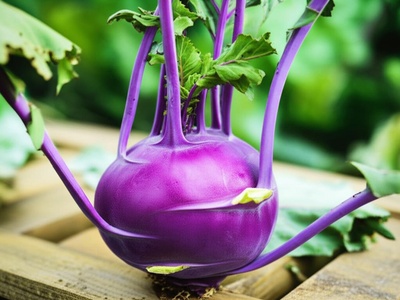
Red Kohlrabi
This peculiar-looking vegetable, with its swollen, globe-like stem, comes in green or purple-red varieties. Red kohlrabi offers a crisp texture and a mild, slightly sweet, turnip-like flavor, delicious raw or cooked.
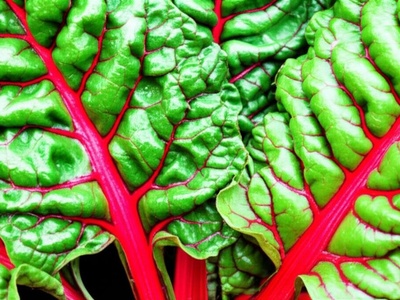
Red Swiss Chard
Red Swiss chard features large, crinkled green leaves supported by striking crimson stalks. Both the leaves and colorful stems are edible, offering an earthy flavor ideal for sautéing, steaming, or adding to soups.

Red Amaranth
Prized for its striking burgundy-red leaves, red amaranth is a highly nutritious leafy green. It has an earthy, slightly sweet flavor, similar to spinach, and is popular in Asian and African cuisines, both raw and cooked.

Red Orach
Also known as ‘Mountain Spinach’, red orach boasts vibrant reddish-purple leaves that are tender and mild. It’s a versatile leafy green, excellent raw in salads for a pop of color or cooked lightly like spinach.
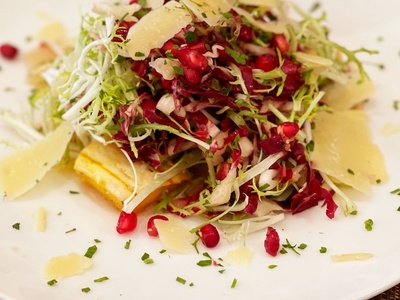
Radicchio
With its deep reddish-purple leaves and distinct white veins, radicchio offers a unique bitter and peppery flavor. It’s a favorite in Italian cuisine, often used raw in salads or grilled to temper its bitterness.
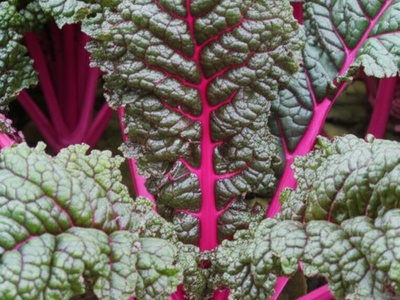
Red Mustard Greens
These peppery greens feature broad, crinkled leaves with a striking reddish-purple hue. Red mustard greens offer a pungent, spicy kick, perfect for adding zest to stir-fries, braised dishes, or mixed green salads.
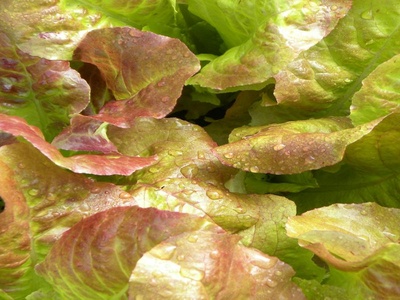
Red Romaine Lettuce
This variety of romaine lettuce presents elongated, crisp leaves with a beautiful reddish-bronze tinge at the edges. It offers the classic crisp texture and slightly sweet flavor of romaine, making it a vibrant addition to any salad.
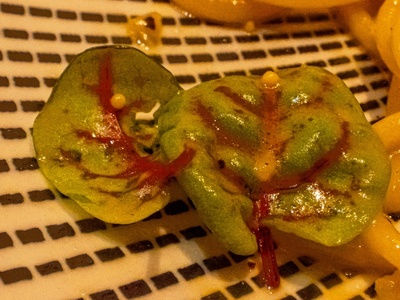
Red Sorrel
Distinctive for its bright green leaves with striking deep red veins, red sorrel offers a tangy, lemony flavor. It’s excellent when added fresh to salads, sandwiches, or used to brighten up fish and chicken dishes.
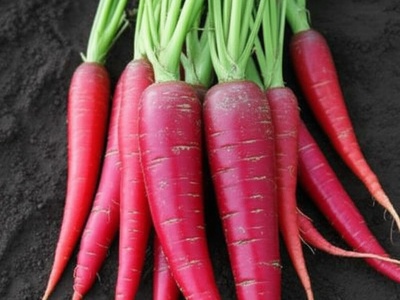
Red Carrot
While orange carrots are common, red carrots are vibrant, sweet, and rich in lycopene, the same pigment found in tomatoes. They can be enjoyed raw as a snack, roasted to enhance sweetness, or added to various cooked dishes.
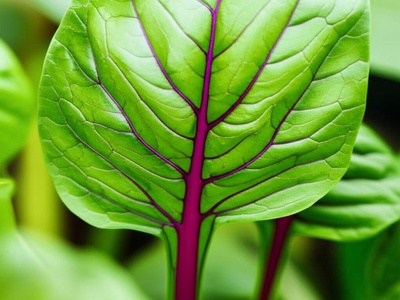
Red Komatsuna
A Japanese leafy green, red komatsuna features dark green leaves with noticeable reddish-purple veins and stems. It has a mild, slightly mustardy flavor, making it versatile for stir-fries, salads, and soups, especially in Asian cuisine.
